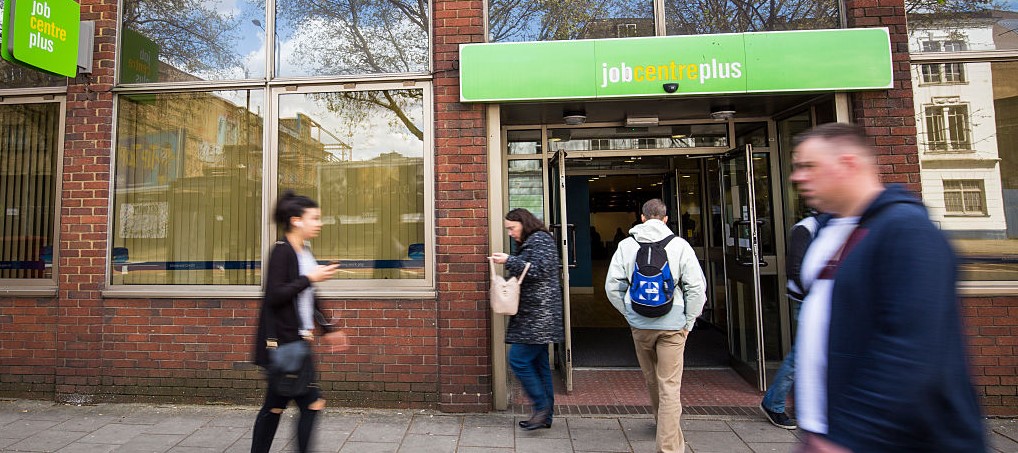Downward track
One of the sharpest recessions ever has filled the labour market with low-paid insecure employment even in normally high-skilled, high paid areas of employment, a new report has found.  The huge fall in real wages, and other weaknesses, are here to stay unless new policies are introduced to deal with them say the TUC.
In one of the most detailed looks at the UK labour market since the 2008 recession, the report found:
- a surge in low-paid and part-time self-employment, with self-employment rising by 32 per cent across low-paid industries
- an ever squeezed middle with with high and low-wage jobs expanding, cementing the â€hourglass’ economy
- an increase in casualisation and zero-hours contracts
- increases in lower wage jobs in traditionally high-paid sectors.
Tracking the Labour Market Recovery, a Touchstone Extra report written for the TUC by economist Ian Brinkley, destroys Tory claims that there has been an economic miracle and that all sectors of society are benefitting from a recovery.
The report compared the last Tory recession of the early 1990s – the so-called â€white collar’ recession under John Major’s government – with the current recession and â€recovery’. In this recession, far more low paid, self employed jobs have been created compared to the last Tory recession in the early 90s.
Self-employment has leapt by 32 per cent across low pay industries. The number of self-employed people working in building services has risen by 132 per cent since 2008 – adding nearly 140,000 jobs – while there are twice as many self-employed people in residential care.
While self-employment has long been a feature of the UK labour market, recent trends show it is becoming centred on part-time work. There is also strong job polarisation among self-employed people with a growth in low-income and high-income work.
It appears the number of people working in part-time jobs who really want full-time work has “ratcheted up” since 1990. Currently, employers have been making more use of casualised work – such as zero-hours contracts, with the numbers of workers on these contracts increasing every year since 2011.
A persistent features of the current labour market is the increase in low-paid jobs in industries with a mix of low and high-paid jobs, like health and social care, administration and support services and arts, entertainment and recreation. More jobs in these industries are being created in lower-wage bands with fewer jobs in higher bands.
This has pushed down average earnings across the UK economy. It points to the economy is creating more jobs that are better skilled, but a falling proportion of these jobs are better paid.
In this recession, between 2008 and 2013, real wages fell in almost every quarter. While jobs have been created, real wages – taking account of inflation – have seen significant falls.
Average wages remain ÂŁ50 a week less than they were before the banking crash, hitting living standards hard.
Grip of low pay
Unite assistant general secretary Steve Turner said, “Workers are increasingly in the grip of low-paid and casualised employment. This goes beyond what we could expect from the typical impact of a recession.
“It appears that employers and government have used the recession to build in a more precarious and low paid workforce. Even typically high skill, higher paid jobs are seeing their wages pushed down.
“And the gulf between the highest paid and low paid is becoming greater. The â€middle is so squeezed it seems on track to almost disappear leaving only the two extremes of very high, with the bulk being low paid.
“This recession has been different. It has been sharper with the weakest recovery on record.
“We need policies which help us break free of this cycle of wage decline and falling living standards. It needs action to create a stronger recovery, with more higher paid, higher skilled jobs, driven by investment and training.”
TUC general secretary Frances O’Grady said, “For too many people the best route into work is now low-paid self-employment. We need more decent jobs with fair pay and secure contracts – not an expansion of low-paid jobs at the bottom of the labour market – and the expansion of lower paid jobs in traditionally high-paid sectors is also concerning.
“If we want a recovery that works for everyone and is built to last, we need more investment in skills, infrastructure and innovation to help job creation and productivity.”
Tracking the Labour Market Recovery is available
 Like
Like Follow
Follow


